If our feelings control our actions, it is because we have abdicated our responsibility and empowered them to do so
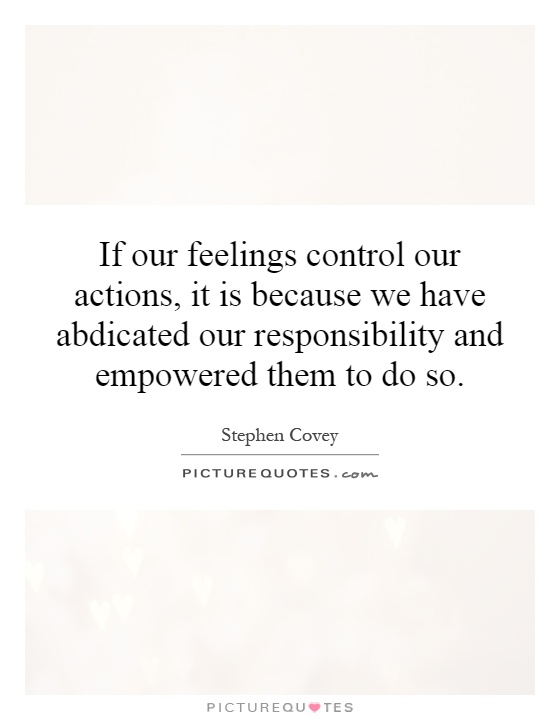
If our feelings control our actions, it is because we have abdicated our responsibility and empowered them to do so
Stephen Covey, the renowned author of "The 7 Habits of Highly Effective People," emphasizes the importance of taking responsibility for our actions and decisions. In his teachings, Covey stresses the idea that we have the power to choose our responses to any situation, regardless of our feelings. He believes that if our feelings control our actions, it is because we have abdicated our responsibility and empowered them to do so.Covey's philosophy is rooted in the belief that we are not victims of our circumstances or emotions. Instead, we have the ability to control our reactions and make conscious choices based on our values and principles. By taking responsibility for our actions, we can avoid being at the mercy of our feelings and impulses.
When we allow our feelings to dictate our actions, we are essentially giving up our power and autonomy. We become reactive rather than proactive, allowing external factors to influence our behavior. This can lead to a lack of control and a sense of helplessness, as we are no longer in charge of our own lives.
Covey encourages individuals to develop a sense of self-awareness and mindfulness in order to take control of their emotions and actions. By being aware of our feelings and understanding their impact on our behavior, we can make more conscious choices that align with our values and goals.

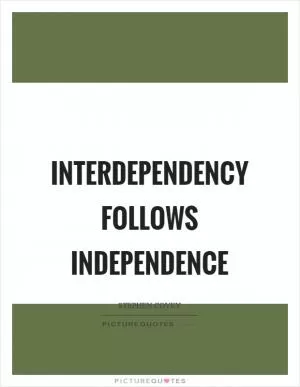


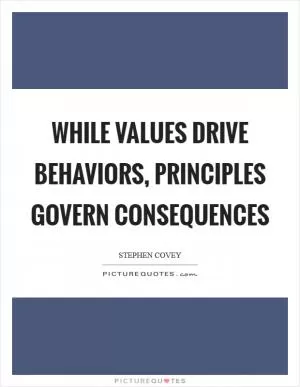



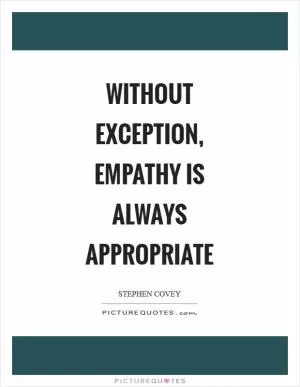
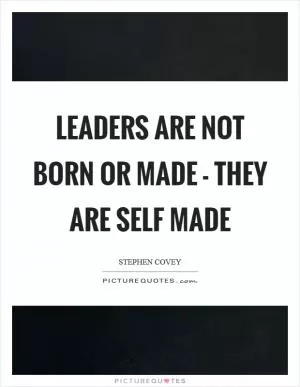
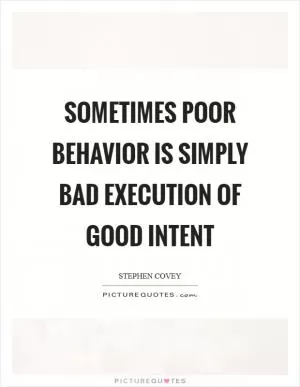

 Friendship Quotes
Friendship Quotes Love Quotes
Love Quotes Life Quotes
Life Quotes Funny Quotes
Funny Quotes Motivational Quotes
Motivational Quotes Inspirational Quotes
Inspirational Quotes